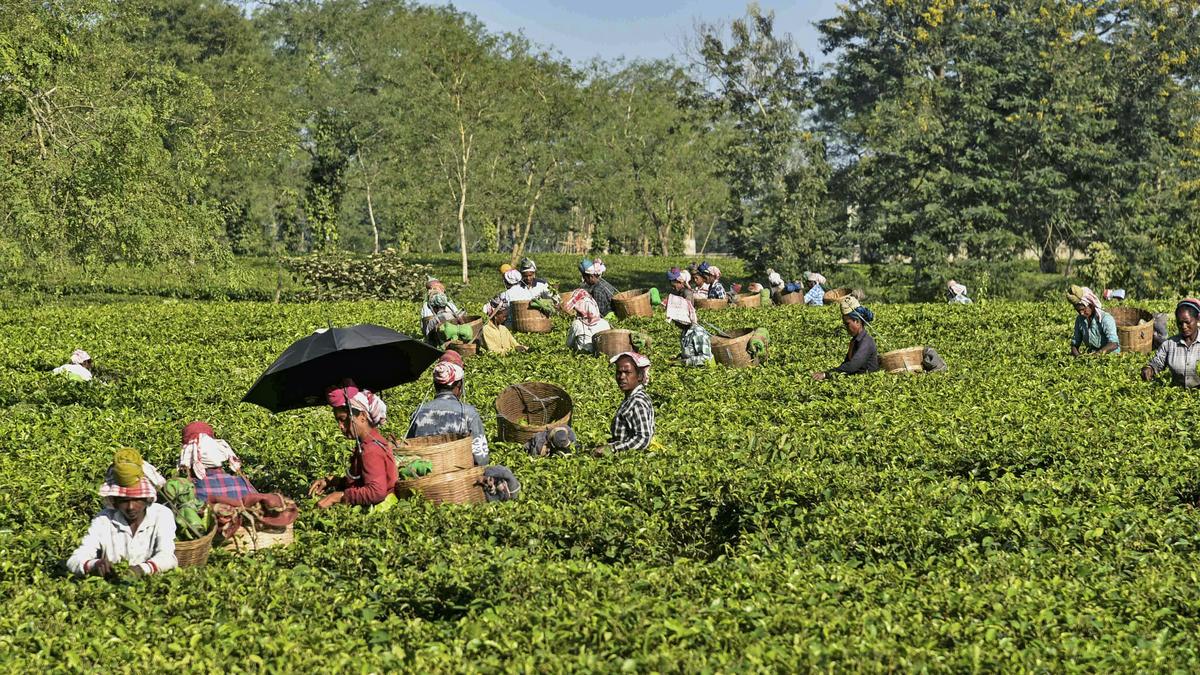
Auction-only route for dust tea sale against govt.’s ease of doing business policy: NETA
The Hindu
North East Tea Association opposes mandatory public auction for tea sales, citing hindrance to ease of doing business.
GUWAHATI
A February 26 gazette notification making it mandatory for producers to sell 100% of their dust teas through public auction was against the government’s much-vaunted policy of ease of doing business, a body of tea planters and producers said in a letter to Commerce and Industry Minister Piyush Goyal.
The North East Tea Association (NETA) said producers should be at liberty to sell their produce in whatever manner they feel comfortable as the two modes of sale — private transactions and public auctions — have been in existence for more than 150 years and both systems have their advantages and disadvantages.
“We feel compelling the producers to sell their produce only through public auctions may not be in sync with the government of India’s policy of ease of doing business,” NETA chairman Ajay Dhandharia said in the letter on Saturday (November 30, 2024).
He referred to the observations of the three-member R. Ramaseshan Committee formed in December 2023 on auction reforms for tea. The draft report submitted by the panel on June 28 said, “Private tea sales provide producers with an alternative method for selling their teas, offering flexibility, customisation, and direct engagement with buyers.”
The panel said that private sales involving direct transactions between producers or their agents and buyers allow for more personalised negotiations tailored to the specific needs and preferences of both parties, although such sales are not subject to the same regulations and oversight as public auctions.
“While they may operate outside of the structured auction system, private sales play a significant role in the broader tea market ecosystem, providing additional avenues for trade and commerce,” the Ramaseshan panel said.













